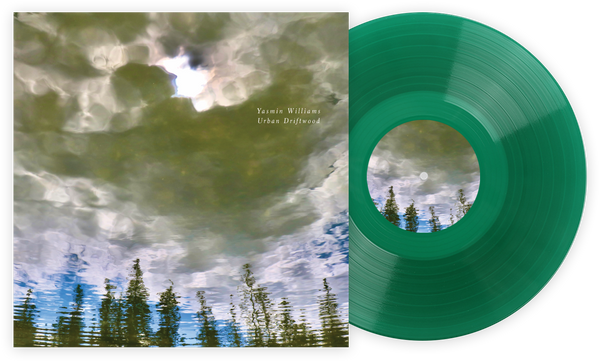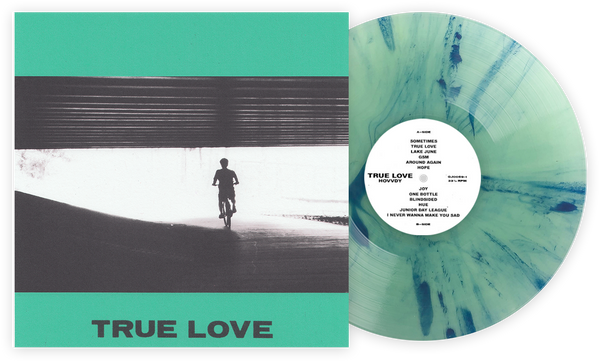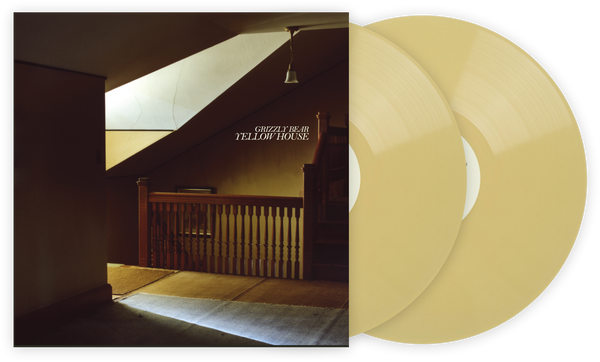The old proverb 'Cleanliness is next to Godliness' doesn't apparently have any basis in religious text- it crops up for the first time in a sermon by John Wesley. For any analogue enthusiast though, even the terminally agnostic ones, cleanliness is and always has been a pillar of vinyl faith. In this instance, it doesn't get you any closer to the deity of your choice but it does ensure silence. A clean playing surface has only the grooves of the record to produce sound and that is after all the aim of the game.
It doesn't pay to think too much about what might be causing surface noise on your records. Sure some of it is dust but dust is actually a pretty simple substance to remove and tends to travel with the stylus if the two come into contact. The major cause of really pernicious noise is actually likely to be tiny amounts of bodily fluids- saliva and mucus for the most part- that tend to get into a groove and stay there. Ever stifled a cough changing a record? Well, the chances are your stifling was unlikely to be totally effective and little mementoes of that cough will stay with the record for years to come. Of course, if the record is used, it doesn't have to be your cough either.
Using a record cleaning brush is unlikely to do a huge amount in this instance because as a dry contact, it is designed to remove material like dust and similar items. To really get a record back to as new condition, a wet cleaner of some description is going to be most effective. Wet cleaning has been around for years and- like everything else to do with vinyl- there are cost effective and, well, less cost effective means of doing it.
If you are short of cash and steady of hand, you can clean a record with nothing more than distilled water (don't use tap water directly- it doesn't matter where on Earth you happen to be reading this from, there will be something in your drinking water likely to be able to dry on the record and create noise), a cleaning agent and a soft cloth. Take care not to get water on the label and ensure you have somewhere equally clean where the record can dry. I'm going to be completely honest here and say I've never cleaned a record this way- I am emphatically not steady of hand.
More effective and easy to produce consistent results with are manual cleaning machines. These vary slightly from one another but as a general pattern, tend to hold the record vertically on a clamp system and allow it to pass through a solution of cleaning fluid and fixed brushes that get into the grooves and clean the record itself. Perhaps the most famous of these is the Spin Clean which has been around in one form or another since the 1970s but the Gnosti Disco Antistat is also an excellent piece of equipment. Both of them have the advantage of being able to clean both sides of a record at the same time and apply an even and safe amount of force to the record.

If this all seems a bit like hard work or you have a lot of records to clean, you can take a look at a powered record cleaning machine. The design of these devices varies but they generally all operate around the same design principles. The record is placed on a platter, not unlike that of a conventional record player. A cleaning fluid is applied to the surface of the record and applied evenly to the surface. Once done, an arm passes over the record that both brushes it and sucks the fluid and detritus off the record leaving it clean and dry.
The price of these machines varies enormously. Pro-Ject has just launched the VC-S which at $499 is one of the cheapest of its type on sale and a quick demonstration of it performing at a hifi show at the tail end of last year suggests it performs well. From there, you can travel in increments up to something like a Keith Monks Archivist which costs a sufficiently large sum of money, it doesn't seem to be written down. More money tends to buy a more consistent cleaning action with less noise and fewer passes being needed to get the desired results.
One thing these devices all have in common- with a few noble and generally rather expensive options- is that they can only do one side of a record at once, putting them at a disadvantage compared to the manual units. You will need to flip the record over half way through to clean the other side- which in turn means that you will need to ensure that the surface of the cleaning platter is in itself clean. Many manufacturers will make specific recommendations as to the best cleaning fluid to use- indeed many make their own- but it won't hurt to experiment and check what other owners are finding effective. While there is still some debate over how damaging Isopropyl alcohol is to records, it is probably wise to use an alcohol free solution to be on the safe side.
Of course, you might be thinking "I don't buy used records, I treat my collection like my firstborn child and I've never coughed on them" and that's fair enough. It is worth pointing out that even brand new, unplayed records can benefit from being wet cleaned before play. Although the cleanliness of record production has improved dramatically in recent years, a new record will still have some grime from the plant and agents used to release it from the mould buried in those grooves. Many people get into the habit of cleaning every record before adding it to their collection whether it is new or used and there is much to be said for this approach.
Like everything else on the hardware side of the hobby, how seriously you decide to take record cleaning is entirely down to you and your budget. It is worth pointing out that a well looked after and well maintained record cleaning machine should provide years and years of service. Additionally, clean records are kinder to your stylus and have a higher resale value if you decide to sell them on. It can seem like a hassle and there is a level of expenditure whether you go for hand cleaning or a full on RCM but the reward is the sound of silence and for many of us, that's priceless.
Ed is a UK based journalist and consultant in the HiFi industry. He has an unhealthy obsession with nineties electronica and is skilled at removing plastic toys from speakers.
Bergabung dengan Klub!
Bergabunglah sekarang, mulai dari 44 $Exclusive 15% Off for Teachers, Students, Military members, Healthcare professionals & First Responders - Get Verified!












